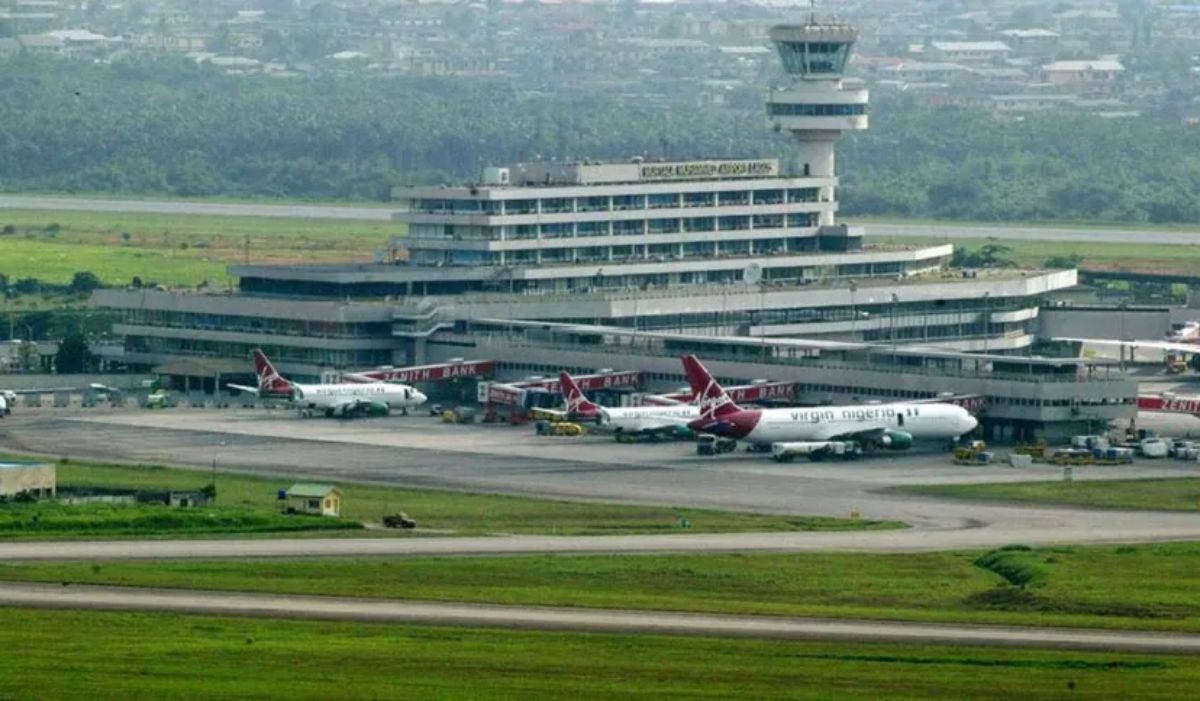Nigeria’s Aviation Sector Generates $1.7 Billion GDP Contribution, Says FAAN

Nigeria’s aviation industry has reached a significant economic milestone, contributing approximately $1.7 billion to the country’s Gross Domestic Product, according to the Federal Airports Authority of Nigeria (FAAN).
This substantial figure underscores the transformative impact of private sector participation in reshaping the nation’s aviation landscape.
Mrs. Olubunmi Kuku, FAAN’s Managing Director, revealed these statistics during the launch of “100 Years of Civil Aviation in Nigeria,” a comprehensive book authored by Mr. Wole Shadare in Lagos on Friday. The event highlighted the remarkable evolution of Nigeria’s aviation sector from its colonial origins to its current status as a major economic contributor.
Reflecting on the sector’s journey, Kuku emphasized how Nigeria faced critical decisions following independence in 1960. The nation inherited colonial-era aviation infrastructure that required complete transformation to serve as the foundation for a sovereign aviation industry.
“Upon Nigeria’s attainment of independence in 1960, we were faced with a pivotal question: How could we convert colonial-era infrastructure into a sovereign aviation powerhouse?” Kuku explained.
The establishment of Nigeria Airways represented the country’s initial attempt to create a national carrier. However, the airline eventually encountered significant operational and management difficulties that highlighted the need for industry reform by the early 2000s.
“Our national carrier, Nigeria Airways, emerged as a response, yet it soon faced challenges stemming from mismanagement and operational inefficiencies. By the early 2000s, we found ourselves at a crossroad – adapt or risk obsolescence,” she noted.
The turning point came when private sector entities stepped forward to revitalize the industry. This shift brought essential elements including modern capital investment, contemporary management approaches, and healthy competition.
“This juncture precipitated a remarkable transformation. The private sector took the initiative, introducing fresh capital, contemporary management practices, and a competitive spirit,” Kuku stated.
Airlines such as Air Peace and Arik Air played pivotal roles in this transformation, going beyond simply replacing defunct carriers to fundamentally reshaping Nigeria’s aviation ecosystem.
The current aviation landscape demonstrates remarkable growth across multiple metrics. Nigeria now operates 39 certified airline companies serving 31 airports throughout the country. The sector employs over 2,100 licensed pilots alongside thousands of additional professionals, including engineers and air traffic controllers.
“The current figures sum up this transformation: 39 certified airline operators, 31 airports nationwide, over 2,100 licensed pilots, a workforce comprising thousands, ranging from engineers to air traffic controllers,” Kuku detailed.
Passenger traffic data reveals the industry’s robust activity levels. Domestic terminals processed over 16 million passengers, while international passenger movements exceeded 3.5 million travellers.
“Nigeria has emerged as a testament to the efficacy of market-driven solutions. Our aviation sector now contributes approximately 1.7 billion dollars to our GDP. Private airlines are connecting our cities with unprecedented efficiency, and international carriers increasingly regard Nigeria as a critical market,” the FAAN Managing Director emphasized.
Despite these achievements, Kuku acknowledged that significant expansion potential remains untapped. She identified infrastructure limitations, regulatory framework requirements, and financing needs as key areas requiring attention, though she framed these as investment opportunities rather than barriers.
“While challenges persist, infrastructure deficiencies; regulatory frameworks; and financing requirements; these should be perceived not as obstacles, but rather as opportunities. Each challenge facing our aviation sector represents a potential investment awaiting realisation,” she explained.
Looking ahead, Kuku expressed optimism about the sector’s trajectory and emphasized that continued growth depends on recognizing aviation’s broader economic significance.
“The forthcoming chapter of Nigerian aviation will be authored by those who recognise that our skies are not merely thoroughfares for aircraft, they are highways to prosperity,” she stated.
The question for stakeholders, according to Kuku, centres not on whether to invest in Nigerian aviation, but rather on how best to participate in the industry’s ongoing transformation.
Regarding Shadare’s book, Kuku praised the author’s comprehensive documentation of the sector’s century-long development. She highlighted how the publication provides valuable historical perspective while examining future possibilities for continued growth.
The work represents years of dedicated journalism and industry observation, offering readers insight into both the achievements and potential of Nigerian aviation.
“The industry and commitment he has exhibited as a journalist are evident throughout this book that we all convened here to celebrate,” Kuku concluded.



